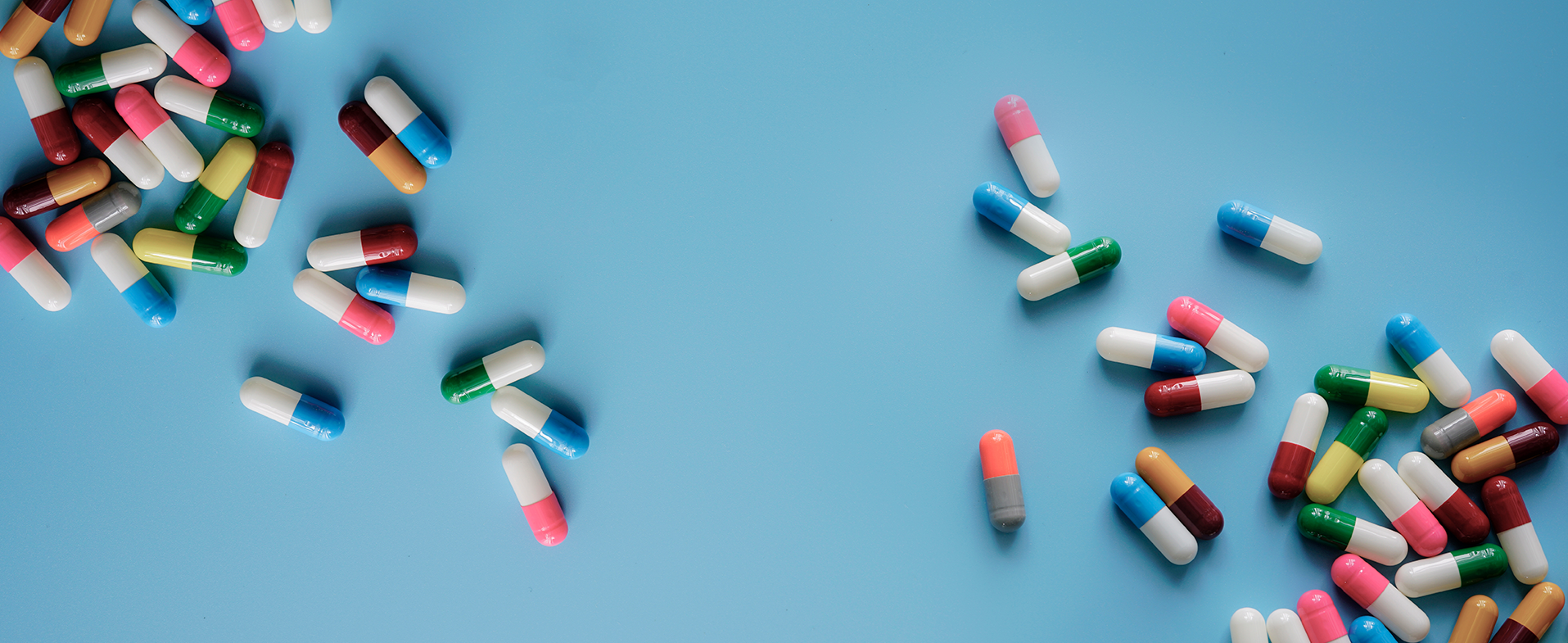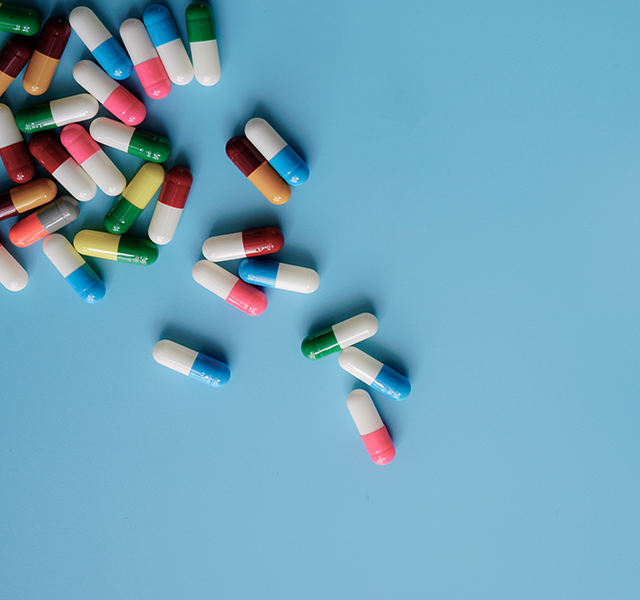Antibiotics are among the world’s greatest medical inventions. They kill bacteria that cause all sorts of infections, from annoying sinus infections to life-threatening conditions such as tuberculosis. But what happens when antibiotics stop working?
Bacteria that are immune to several different types of antibiotics are known as “superbugs.” And they are a large and growing threat to public health, according to the World Health Organization (WHO). In 2019, antibiotic-resistant bacteria were directly responsible for 1.27 million deaths around the world and played a contributing role in a further 4.95 million deaths, the WHO says.
Though antibiotic-resistant bacteria are threats to be aware of, you don’t have to live in fear, says Anita Shallal, M.D., an infectious disease doctor at Henry Ford Health. “I actually hate the term ‘superbugs’ because it makes them sound superhuman,” she says. “In fact, there’s a lot we can do to prevent antibiotic resistance, as individuals and in healthcare settings.”
Where Do Drug-Resistant Bacteria Come From?
Bacteria are constantly evolving. When antibiotics are overused or used incorrectly, bacteria can evolve to resist them. If you have an infection that doesn’t respond to one antibiotic, your doctor can prescribe a different one. But if the bacteria are resistant to multiple drugs, it can be hard to find a treatment that works. Drug-resistant infections can even be life-threatening.
“Antibiotic overuse and misuse are probably the most significant driver of resistant bacteria,” Dr. Shallal says.
Antibiotic-resistant bacteria often arise in hospitals, where lots of antibiotics are prescribed and many sick patients come in close contact with one another. But drug-resistant germs also circulate in the community outside of hospitals—and they can be spread by contact.
“We have an open world. With so many people traveling from place to place every day, resistant strains of bacteria can move easily from country to country,” Dr. Shallal adds.
Humans aren’t the only culprits, however. Livestock like chickens and cows are often given antibiotics to promote growth and prevent disease. Drug-resistant bacterial strains can evolve on farms before spreading into human communities.

How to Prevent Superbugs
The term “superbugs” usually refers to bacteria that have evolved resistance to multiple drugs. But other germs can also evolve resistance to treatments, including viruses like HIV, fungal infections like Candida auris and parasites that cause illnesses such as malaria.
To avoid germs—including supergerms—of all types, tap into these healthy strategies:
- Keep it clean: Good hygiene goes a long way toward preventing infections, Dr. Shallal says. Wash hands often with soap and water or use hand sanitizer.
- Treat wisely: Don’t take antibiotics without a prescription or when you don’t need them. If you have a cold caused by a virus, antibiotics won’t help you feel better—but they might increase the risk that bacteria in your body become resistant to treatments. When you do need antibiotics, be sure to take them as prescribed.
- Stay well: Since some antibiotic-resistant germs are more common in hospitals, staying healthy—and out of the hospital—is one way to protect yourself. Get recommended vaccines, stay up to date on screenings like mammograms and colorectal cancer screenings and make other healthy lifestyle choices.
- Handle food safely: Wash fruits and veggies, cook meat thoroughly and take steps to avoid food-borne illnesses. When possible, choose meat and dairy products produced without antibiotics. Animal products produced with antibiotics don’t pose a risk to people who eat them but avoiding them helps slow the spread of drug resistance in the broader community.
- Practice safe sex: Unfortunately, some strains of sexually transmitted infections have developed drug resistance. Use condoms and other safe-sex methods to reduce the risk of infection.
- Advocate for yourself: Tell friends and family you’ll take a raincheck—you’d rather skip hangouts when germs are going around. Mask up when needed to avoid getting sick. The good news is that the healthcare community takes the threat of superbugs seriously. Hospitals have strict protocols to deal with infections, and doctors today are more cautious about prescribing antibiotics than they used to be. By making smart choices, you can do your part to fight back against superbugs.
Reviewed by Anita Shallal, M.D., an infectious disease doctor at Henry Ford Health and Medical Director of Infection Prevention & Control at Henry Ford Hospital.



